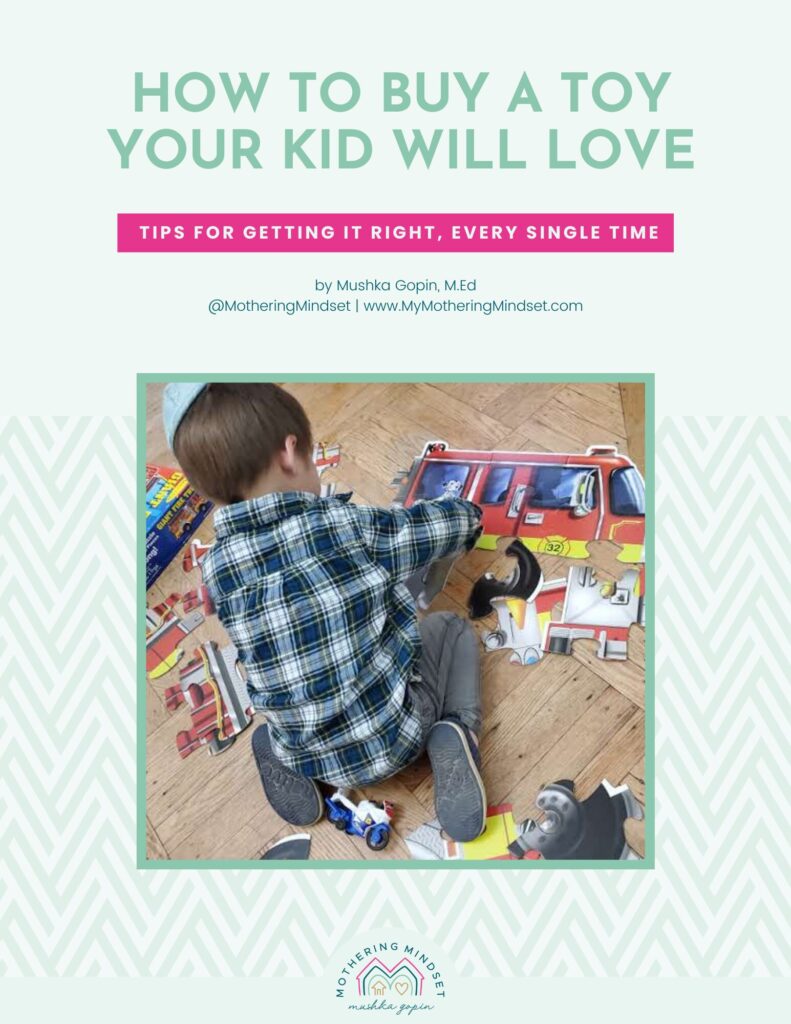Ah, no wearing leather shoes… totally forgot, I thought in surprise while looking up halachos of Tisha B’av. Then again, I wear sneakers daily and haven’t touched real shoes or heels in months.
When I think of Tisha B’av, it’s the experience I had as a kid in sleepaway camp: throwing my clothing on the floor to make it “dirty”, reading Eicha on overturned shul benches, checking the clock before saying the daily Chumash. It looks nothing like that now.
Last night, I spent the hour before the fast began putting a crying kid to bed early. I didn’t have time to wash for bread, let alone dip it into ashes. After finishing another three rounds of bedtime (missing Eicha), started watching an inspiring documentary but fell asleep nursing my baby. And today I’m running after him.
If you’re used to spending Tisha B’av in shul (or in a quiet bed), it can be hard to connect emotionally or spiritually while chasing after kids.
My high school self would be horrified to find herself in the dollar store on Tisha B’av afternoon…. but she didn’t have three little kids to entertain. I’m in a different stage now. I don’t beat myself up about connecting to this day differently.
I’m grateful for having practical things to “check off” in observance of the day, which is why I looked up the halachos. No leather shoes? Check. No eating, no drinking, sitting on high chairs or learning Torah? Done. There’s actually not much to do… other than somehow “feel” the day.
How can I feel like I’m actually mourning?
My high school Parsha teacher once asked us why we wanted Moshiach to come. “World peace! No more sickness!” came the generic answers. The teacher paused and said, “You’re allowed to have a selfish reason to want Moshiach.” We sat quietly, knowing her mother had recently passed away.
Ending world hunger sounds nice, but personal motivation is just… more motivating. If the destruction of the Bais Hamikdash feels too abstract, think smaller and closer to home:
- The baby that wasn’t born
- The birth that didn’t go as planned
- Struggles our child faces
- Challenges in our marriage
- Rifts in relationships
- Health problems, physical or mental
- Losing someone
- Watching a loved one slip away
These are only possible due to being in Galus. They are Galus problems.
We can mourn our personal struggles, dreams destroyed, and private losses.
This day is a beautiful invitation in the cycle of our calendar to stop and allow ourselves to feel grief, especially if we haven’t made time for it during our regular, busy life.
Even if I had time to cry, I need to be calm and present for my kids!
Crying feels good (literally—it frees stress and releases feel-good hormones), but it’s only one way to express grief. You can journal. You can shake your body to release trauma. You can have small, intentional moments of reflection.
And… you can show up for your kids, because your avodah right now is caring for them.
It’s too hard to fast and take care of my kids. Why do I have to do this??
It’s a Galus problem that we have to fast and still take care of kids… and that taking care of kids is difficult, in general. As long as we don’t have a Bais Hamikdash, we will feel “tza’ar gidul banim”.
Also, you’re human! You need food and water on a regular day, whether your kids are in school or at home with you. Of course you feel grumpy and impatient when you can’t eat or drink! Again… Galus problem!
(Read fast day tips for setting up kids for independent play and serving easy meals. Or download this free guide to learn how to extend your child’s play with stuff you already own.)

This is also a great opportunity to actually tap into this day on a level that we wouldn’t be able to access without being a mother. Eicha became even more heartwrenching once I became a mother. True, I don’t have time to sit and finish the whole thing… but I can relate so much more deeply to the one sentence I do read.
It’s also true that becoming a mother is a new identity that takes getting used to. It means that a day like this, which we’ve always commemorated in a certain way, becomes fuzzy and feels unsatisfying until we learn to fully lean into and embrace the season that we’re in. (Explained more fully in this letter on being a mother on Yom Kippur and also why everyone cries when they read it.)
This year, Tisha B’Av feels closer and more relevant than ever. It’s not hard to imagine a world where our homeland is invaded, our people captured, and we are persecuted—it’s our current reality. When Moshiach comes, Tisha B’av will be the most joyous Yom Tov. We are ready!!